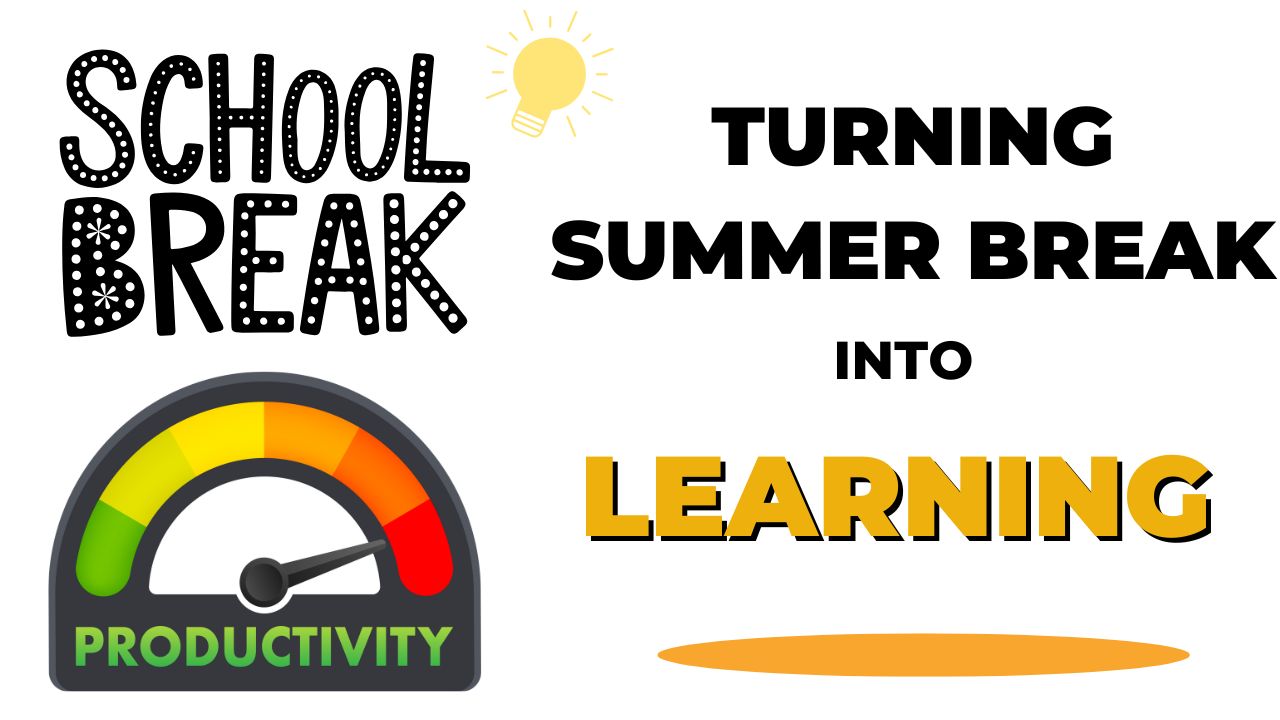Understanding Critical Thinking & How to Do it Well | Student’s Guide
You must have heard the word “critical thinking” particularly in schools, interview situations, and management training. But what is it?
Consider critical thinking to be your inner filter, it’s the aspect of your brain that doesn’t merely accept something because someone told you. Rather, it stops, asks questions, and considers the larger context before calling a decision. It’s a mode of thought that enables you to cut through the static and make wise, well-informed decisions.
It’s important to have a skill of critical thinking specially in today’s world which is filled with a lot of misinformation and firm opinions. The skill of critical thinking is a necessity in today’s time.
Contents
So, What is Critical Thinking, Anyway?
Critical thinking is the capacity to think clearly, analyze information, and make informed decisions. It isn’t about being negative or hyper-critical, it’s about being curious, reflective, and reasonable. It means examining facts, questioning sources, considering potential consequences, and then making a judgment about what best makes sense.
You don’t need to be a scientist or a scholar in order to think critically. Anybody can do it. And really, anybody should.
Why Critical Thinking Matters
Let’s simplify it a bit more realistically. Here’s why learning this skill can actually make a significant impact on your life:
- It Enables You to Make Better Decisions
Whether you’re deciding on a career, dealing with a challenging workplace situation, or determining how to allocate your weekend allowance, critical thinking guides you to make decisions that aren’t merely hasty – but smart and well-rounded.
It’s about looking beneath the surface. What are the dangers? What are the options? What’s actually happening here?
- It Makes You a Stronger Learner
At school or on your own, critical thinkers dig deeper than just memorizing facts. They seek significance, put the pieces together, and actually get what they’re reading. This makes learning more effective and really, a whole lot more fun.
- It Refines the Way You Communicate
When your mind is clear, your words are, too. No matter if you’re writing an email, speaking in a presentation, or breaking bad news to someone, critical thinking enables you to communicate what you’re thinking in a logical, respectful way that’s simple to follow.
You don’t just speak, you say something that counts.
- It Constructs Emotional Control
One of the most under appreciated advantages of critical thinking is that it makes you slow down in a positive manner. You no longer react on instinct and begin to respond with purpose. You think about your emotions, challenge your triggers, and engage in conflicts with a level head.
- It Shields You From Misinformation
Let’s be realistic, the internet is not always the best source for facts. With so much information bombarding us daily, critical thinking is like your own radar. It alerts you to distinguish truth from opinion and fact from fiction.
Real-Life Situations Where Critical Thinking Pops Up
Here’s how this occurs in real life.
At Work:
- You receive a rush assignment. Rather than just freak out, you organize it, sort it by priorities, and determine what can be accomplished.
- Your team member protests your strategy. Rather than get upset, you question why they’re opposed to it and try to find ground.
At Home:
- You click on a medical website and read a health story online. Rather than dash to comply with its instructions, you review whether the information comes from a reliable source.
- Your kid poses a difficult question. Rather than provide a wishy-washy response, you consider it together.
With Friends or Social Media:
- Someone posts something inflammatory. Rather than just jump in, you stop, do some research, and make up your own mind.
- These small moments may not be as huge-feeling, but they compound. Critical thinking allows you to navigate life with a clearer head and a surer sense of purpose.
How Can You Begin to Think More Critically?
You don’t have to take a special course or earn a special degree to develop this skill. Here are some habits anyone can form:
Ask More Questions
Not in an argumentative manner, but in an inquiring one. Why is that the case? How do I know it? What is everyone else saying?
Check Your Own Biases
We all have them. The intent isn’t to eliminate them in one night but to pay attention when they’re hindering clear seeing.
Take a Breath Before You Respond
Allow your brain to catch up with your feelings. That brief pause can be huge.
Look at the Other Side
You don’t need to share the other side’s opinions, but attempt to see things from their perspective. It enriches your thought.
Keep Learning
Read, listen, observe. The more ideas you’ve explored, the sharper your mind becomes at analyzing and grasping complexity.
Final Thoughts
Critical thinking is not simply about being able to figure out puzzles or win arguments. It’s about becoming someone who makes their way through life with direction, understanding, and awareness.
In schools, it makes smarter learners. In workplaces, smarter leaders. In homes and communities, smarter listeners and decision-makers. It’s the type of thinking that leaves space for intelligence as well as empathy.
And in an era where rapid response and forceful opinion tend to carry the day, deciding to pause and think might just be one of the strongest actions we can take.




Post Comment